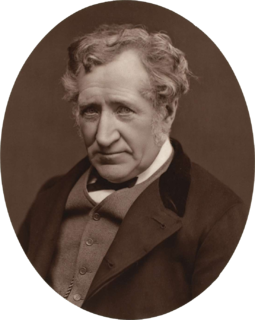A Quote by Michael Craig-Martin
I thought the objects we value least because they were ubiquitous were actually the most extraordinary.
Related Quotes
Handwritten political posters - often composed in an artless and unadorned style, usually just words on plain white paper - were ubiquitous in South Korea in the 1970s and 1980s and were one of the few outlets available for expressing political views. Most posters were anonymous and put up under the cover of night.
Of course (said Oryx), having a money value was no substitute for love. Every child should have love, every person should have it. . . . but love was undependable, it came and then it went, so it was good to have a money value, because then at least those who wanted to make a profit from you would make sure you were fed enough and not damaged too much. Also there were many who had neither love nor a money value, and having one of these things was better than having nothing.
Anti-Semitism is best understood as a virus. It has no logic. Jews were hated because they were rich and because they were poor; because they were capitalists and because they were communists; because they held tenaciously to an ancient faith and because they were rootless cosmopolitans, believing nothing. Hate needs no logic. It is a sickness of the soul.
Well, the people I've known I must say are extraordinary. When I think about some of them, I can't believe that I knew them all. And I think the reason I knew most of them at the beginning was because they were of Bogie's generation, 25 years my senior, not mine. But they were the most talented people of all.
We were that generation called silent, but we were silent neither, as some thought, because we shared the period's official optimism nor, as others thought, because we feared its official repression. We were silent because the exhilaration of social action seemed to many of us just one more way of escaping the personal, of masking for a while that dread of the meaningless which was man's fate.
The earliest paintings I loved were always the most non-referential paintings you can imagine, by painters such as Mondrian. I was thrilled by them because they didn't refer to anything else. They stood alone, and they were just charged magic objects that did not get their strength from being connected to anything else.
It is the first time since 1993 that Russians have come out into the streets without an explicit permission from the government to do so. The main difference between the protests of 2011-2012 and these protests today is that they didn't have permits. These were - the people who were coming out into the streets were very young people, for the most part, who knew that they were all risking arrest. It's an extraordinary event.
Most people, if they were generous, were so because they thought life was short and that one must make the most of it. Sid Baxter was generous because he knew that life was long. It went on and on even when you had no use for it anymore. It was happiness, not life, that was short, and when it visited - in the form of a fine evening spent talking with a friend - he honoured it.








































